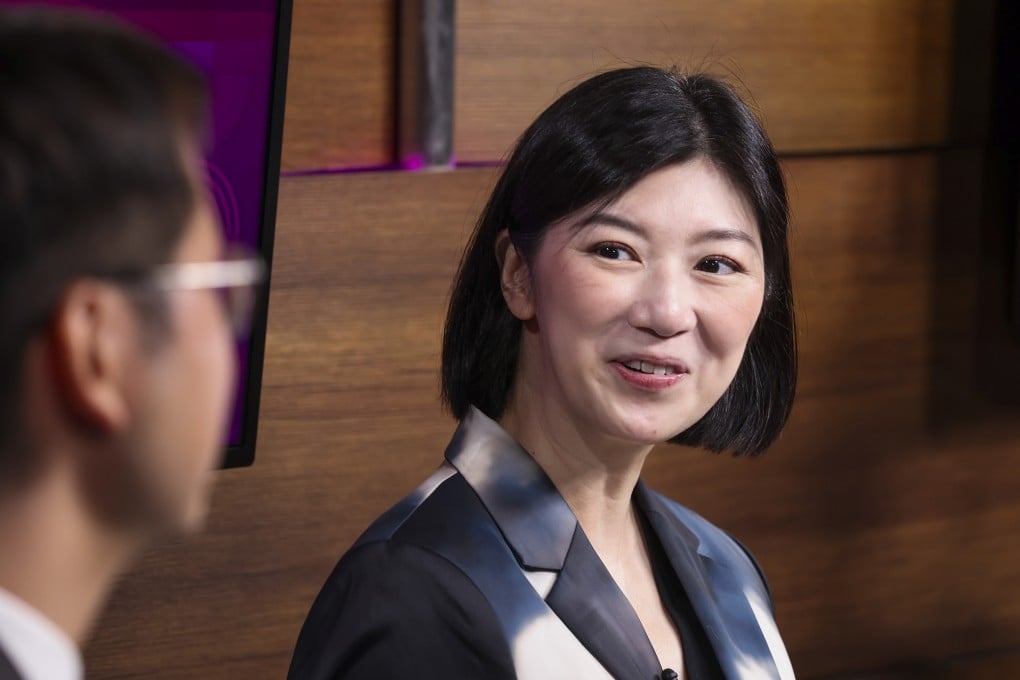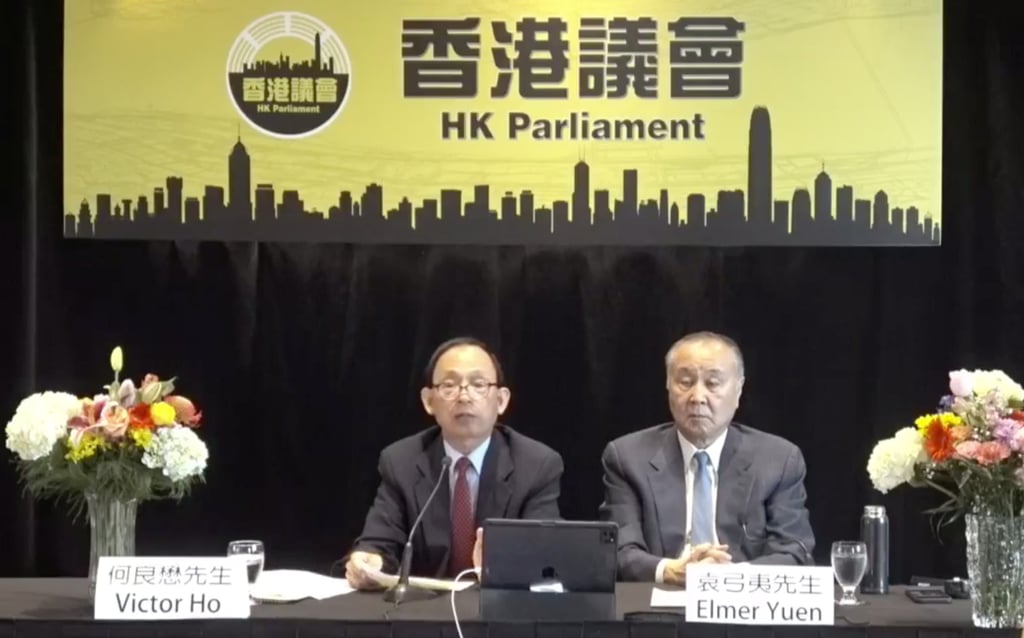Reflections | In Chinese history, Confucian culture instructed wives to treat their parents-in-law as their own. One book gave a rundown of daily requirements
- In imperial times, filial piety obliged children’s spouses, especially the wives of sons, to show love and respect for their parents-in-law
- The ‘Book of Rites’ detailed how they should do this every day, including stroking and scratching painful areas of their in-laws’ bodies, and helping them wash

Eunice Yung Hoi-yan, a member of Hong Kong’s Legislative Council, recently took out an advertisement in the Oriental Daily newspaper to announce that she was cutting off ties with her father-in-law, Elmer Yuen Gong-yi.
It’s sad when families are torn apart by different ideologies. At the height of the unrest in the city in 2019–20, many Hongkongers “cut the mat” (got zik) with their kin, disowning parents, children and other relatives because of opposing political views.
Chinese culture places the family on such a lofty pedestal that it is almost sacrosanct. Indeed, there were laws during imperial times that punished those who contravened society’s kinship norms, the chief pillar of which was the concept of xiao, often translated as “filial piety”.

Not only were children expected to be filial to their parents, xiao also obliged children’s spouses, especially the wives of sons, to show love and respect for their parents-in-law.
